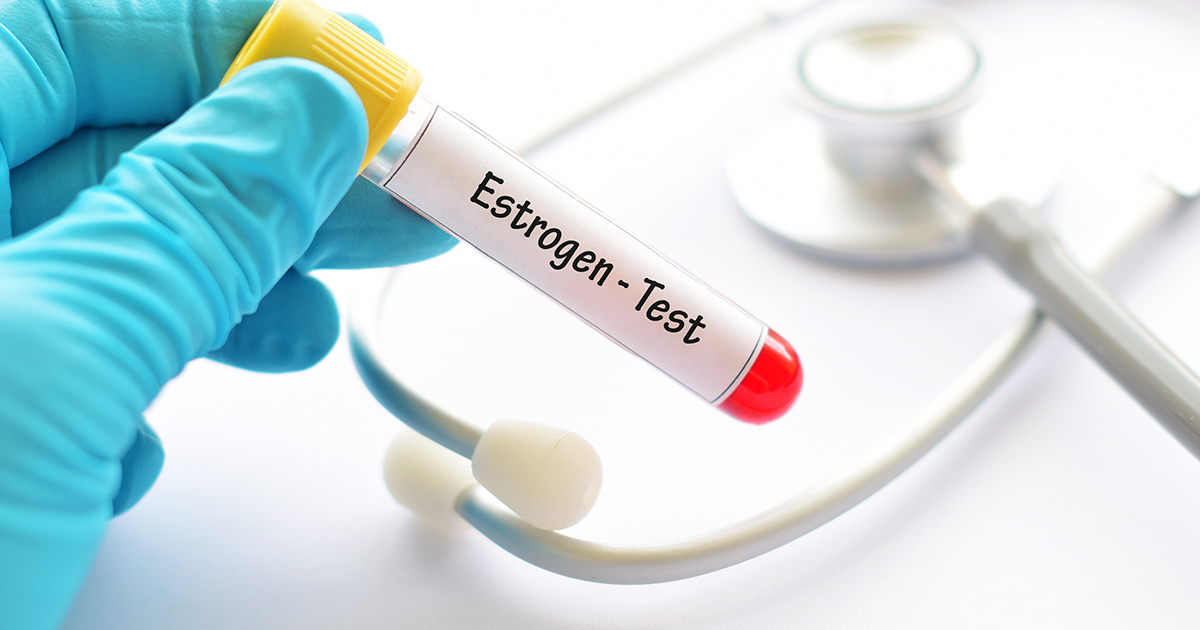What Causes Benign Prostatic Hyperplasia?
Benign prostatic hyperplasia (BPH) is the medical condition and term for an enlarged prostate. As a man ages, the prostate goes through two primary growth periods: first in puberty when it doubles in size then again beginning around twenty-five when the prostate continues to slowly grow for the rest of a man's life. Benign prostatic hyperplasia typically occurs during the later growth stage. An enlarging prostate squeezes the urethra while the bladder wall thickens, which can eventually cause the bladder to weaken and make it hard to empty fully. As the urethra narrows and the bladder becomes unable to empty completely, causing symptoms to develop such as incontinence, weak urinary stream, excessive nighttime urination, frequent urination, and a strong and frequent urge to urinate.
Benign prostatic hyperplasia is not cancer, and it's usually viewed as a normal part of aging. The following are the most common causes behind the condition.
Hormonal Changes

Hormonal changes that usually come with age are associated with the development of benign prostatic hyperplasia. It's known that BPH does not occur in men whose testicles were removed before puberty. Men produce testosterone throughout their life although testosterone levels begin to decline at a rate of about one percent after thirty. As the amount of active testosterone in the blood decreases, there is a higher proportion of estrogen. It's been suggested benign prostatic hyperplasia may be the result of this higher amount of estrogen in relation to testosterone in the prostate that increases the activity of a substance that promotes the growth of prostate cells.
There has also been a scientific focus on DHT, a male hormone that affects prostate growth and development. Some research indicates older men can continue to accumulate high DHT levels in the prostate even as testosterone levels decline. A build-up of DHT may encourage the prostate to grow. Research has found men who do not produce DHT do not develop benign prostatic hyperplasia.
Learn more about what can cause this condition by reading more now.
Aging

While the causes of benign prostatic hyperplasia aren't very well understood, the condition usually occurs in older men. As you age, your body naturally produces lower levels of testosterone. It's believed changing levels of testosterone and another male hormone called DHT plays a role in prostate growth that occurs with age.
The symptoms and occurrence of benign prostatic hyperplasia increase with age. Between the ages of thirty-one and forty, just one in twelve men has BPH. The condition affects about fifty percent of men between fifty-one and sixty. Around ninety percent of men older than eighty have benign prostatic hyperplasia.
Keep reading to learn more about thecauses of benign prostatic hyperplasia now.
